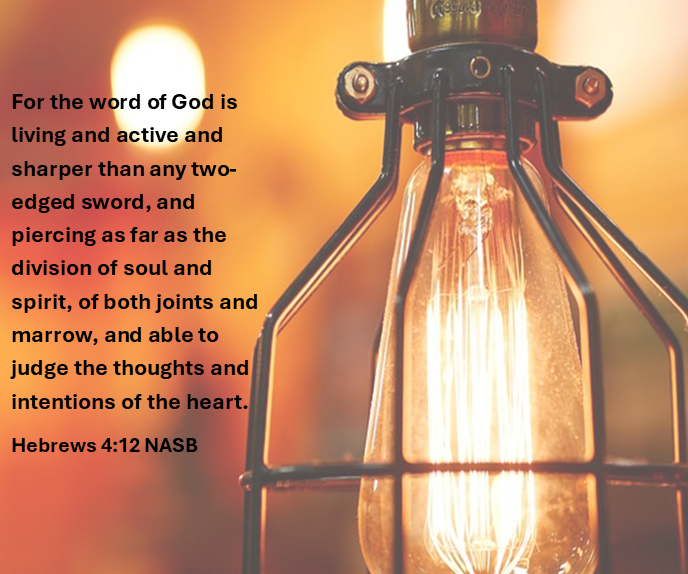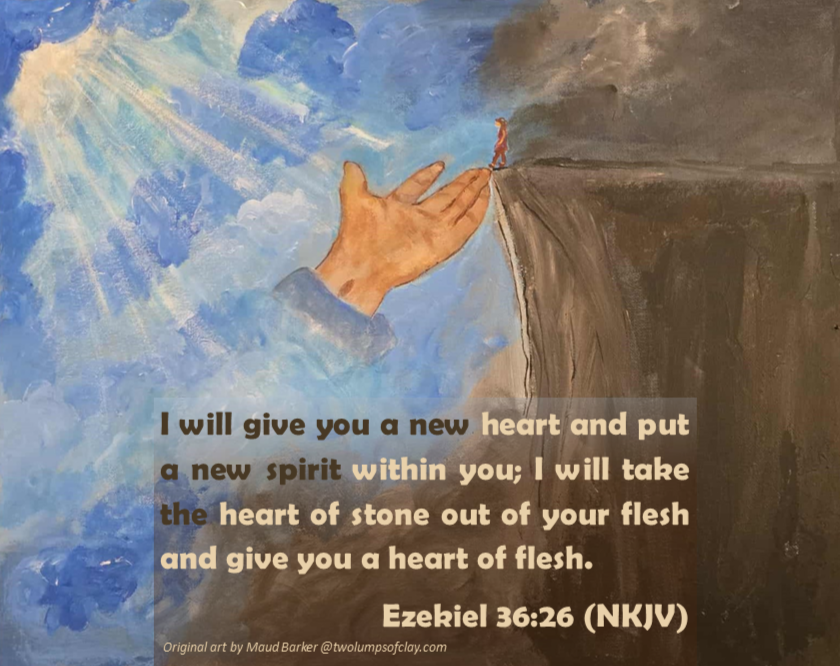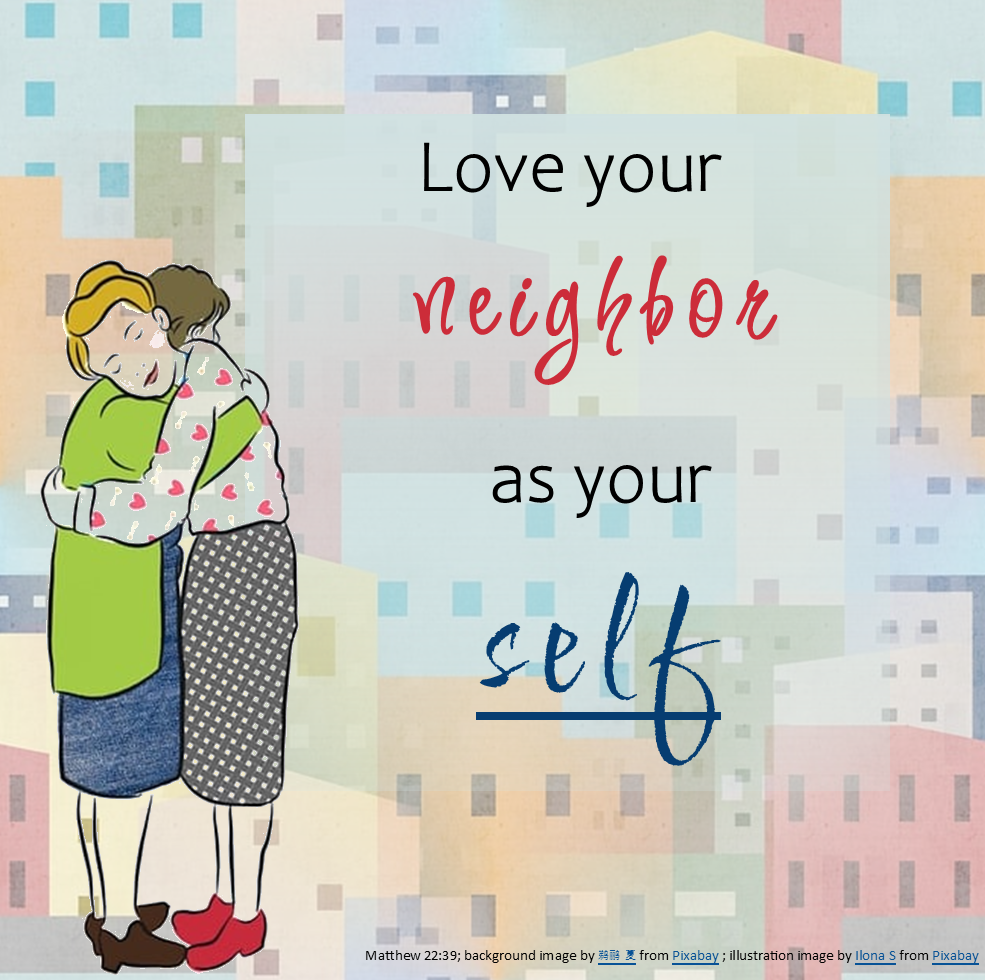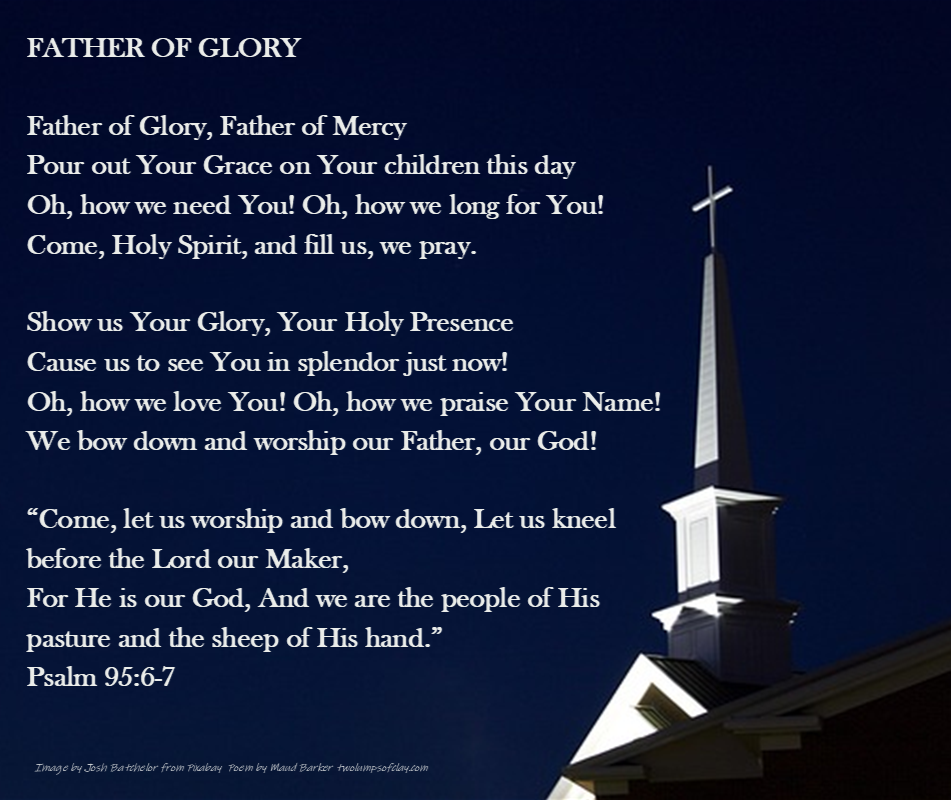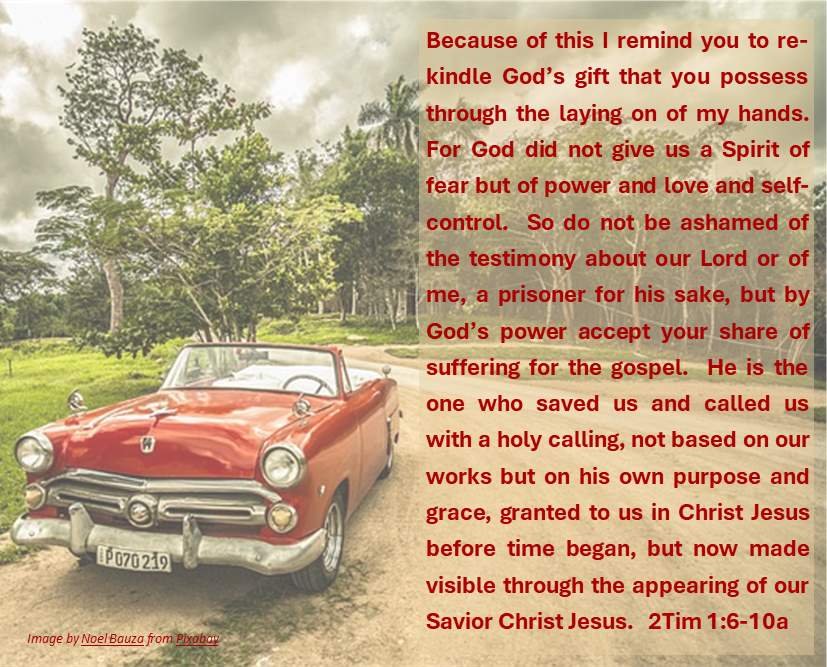Anyone who reads the Bible for very long will likely notice a persistent instruction that believers must forgive others. It’s a very consistent teaching, enforced by the consequence that if we do not forgive others their trespasses, God will not forgive us for ours (Matthew 6:15).
But how do we know when we have forgiven? I think our understanding of this issue is mucked up a little bit by the dictionary definition of the word forgive. I looked it up, and the definition I found says that forgiving means to stop feeling angry or resentful toward someone for an offense.
Hmmm. So if you use that definition of forgiveness and then find that it is a command that we always do it, it can be really hard to understand how we can make ourselves have or not have a feeling. Personally, my feelings can get out of hand on their own, so is this really what Jesus was saying when He said that if we don’t forgive others, the Father won’t forgive us? Is the commandment to not feel?
I think we’re missing something.
You might have noticed that the Bible uses the word forgive a little different than we tend to use it in speech. We say, “Will you please forgive me?” But the Bible generally says, “Forgive others their sins/trespasses/debts.” See the difference? In the Bible, we are to forgive a thing, but in our language, we are forgiving a person. It’s not the same.
So I looked up the Greek definition of the word that is translated in our Bibles as “forgive,” and at first I thought my dictionary was wrong. The first definition says, “to send away.”
Huh? I checked it several times, and then I read further and started to understand.
It’s a really long dictionary entry, but the theme is the same throughout. The Greek word is about leaving something. One entry says, “to let go; give up a debt.” One entry uses the example of divorce.
So I would like to submit to you that the command to forgive could be paraphrased like this: you must divorce yourself from the offenses committed against you. You must leave behind the record of wrong. You must send away and desert the consideration of any debt (moral or monetary).
I’m going to borrow something I read in some resources from Kairos – a prison ministry organization. I don’t have it in front of me, so I can’t quote it exactly, but they talk about how even though we are commanded to love, we don’t have the resources to do so on our own. The same is true of forgiveness. We definitely don’t have the resources to let go of bad feelings toward another person. But again, those feelings aren’t what we are commanded to have. We are commanded to love and forgive. It turns out those are action words, not feeling words. Love is a verb, after all (thank you DC Talk.)
I like to make a point about the difference between our feelings and the act of forgiveness with the following:
Imagine with me that for whatever reason, I took a hatchet and chopped off your pinky toe. Whether it was an accident or purposeful, imagine you chose to forgive me. You chose to not hold this injury against me. In fact, you went so far as to hug me and tell me you love me and that there are no hard feelings. Now answer me this. Does your choice not to hold this injury against me cause your toe to stop bleeding? Does it cause your toe to stop hurting? Does it prevent you from walking with a limp and feeling pain?
It doesn’t.
See, the lack of pain is not the definition of forgiveness. Jesus forgave sinners while He bled and experienced excruciating pain on the cross. Forgiveness, in Jesus’s example, is choosing to wipe away the record of a debt, while experiencing the pain of the injury.
Now, back to your toe. When does your toe stop hurting? It stops hurting after it is healed. See healing and forgiveness are two different things. They’re related, but they aren’t the same.
I think of it like this: when I choose to obey God by forgiving someone of an injury against me, and I surrender that offense to Him, then the Holy Spirit can work in my heart to heal me of the pain of the injury against me, which is when I can experience the English-speaking dictionary definition of forgiveness.
See, when we depend on our feelings to define forgiveness, we often talk ourselves into feeling better by excusing the actions of another . . .”she didn’t mean it that way,” or “he didn’t really know any better.” “It’s just the way they were raised.” But while these excuses may help us not to take offense, it cannot be the only way we forgive. I think Jesus’s demonstration of forgiveness was in full recognition that a deep wrong was committed. He didn’t die on the cross to excuse our sin. He died on the cross because our sin is so offensive to God that the debt was grave enough to warrant the blood sacrifice.
The recognition of the wrong – the appearance of the moral debt on a metaphorical list of our offenses – must be recognized as a wrong before it can be erased. The erasure is the Biblical definition of forgiving the sins of someone else. We’re not keeping track anymore.
First Corinthians 13:5 says that love does not take into account a wrong suffered. (NASB). Love and forgiveness go hand in hand.
So I think we have to remember that like love, our obedience to forgive, is first an act of our will in submission to Christ, and then it is a work the Holy Spirit does inside of us to help our hearts agree with our decision. That part is the healing He does to address the injury. Sometimes that part is fast, and sometimes it is slow. Sometimes we find ourselves having to re-erase the same offense over and over, in obedience to the Lord. But when it comes up, if we are to obey our Lord, we must choose once again to disregard it, to once again give it back to the Lord in acknowledgement that none of us has the right to hold offense against another. This is because all of us who have accepted Christ’s sacrifice for our offenses – have been forgiven by God – for everything we’ve done wrong. And that list for each of us is L O N G.
Therefore, as the elect of God, holy and dearly loved, clothe yourselves with a heart of mercy, kindness, humility, gentleness, and patience, bearing with one another and forgiving one another, if someone happens to have a complaint against anyone else. Just as the Lord has forgiven you, so you also forgive others. And to all these virtues add love, which is the perfect bond. Let the peace of Christ be in control of your heart (for you were in fact called as one body to this peace), and be thankful. Let the word of Christ dwell in you richly, teaching and exhorting one another with all wisdom, singing psalms, hymns, and spiritual songs, all with grace in your hearts to God. And whatever you do in word or deed, do it all in the name of the Lord Jesus, giving thanks to God the Father through Him.
Colossians 3:12-17 (NET)
(Post originally posted June 11, 2023)

